
Writing With a Broken Tusk
Writing With a Broken Tusk began in 2006 as a blog about overlapping geographies, personal and real-world, and writing books for children. The blog name refers to the mythical pact made between the poet Vyaasa and the Hindu elephant headed god Ganesha who was his scribe during the composition of the Mahabharata. It also refers to my second published book, edited by the generous and brilliant Diantha Thorpe of Linnet Books/The Shoe String Press, published in 1996, acquired and republished by August House and still miraculously in print.

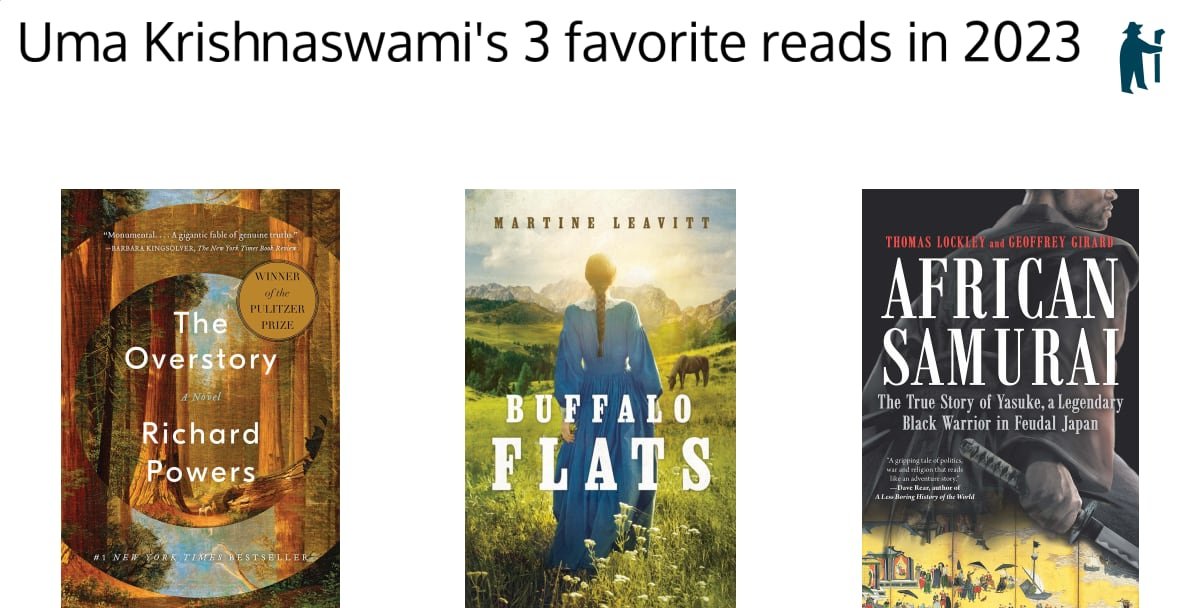
Shepherd: Best Books of 2023
Thanks to Ben Fox and his team for their tireless zeal to get books into the hands of readers. When they asked me to pick three favourite books for last year, I demurred at first—what? Only three?
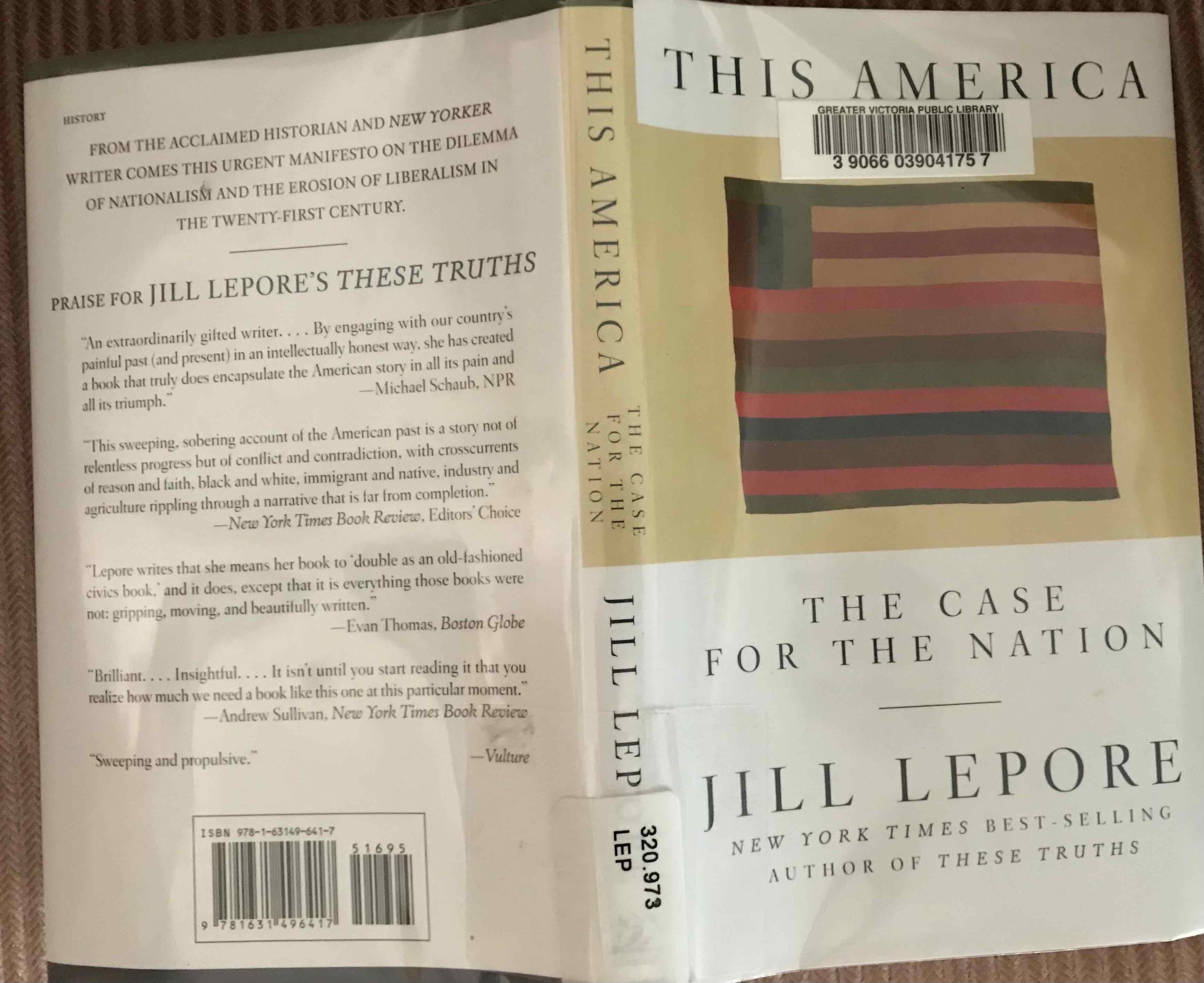
Chapter endings in This America by Jill Lepore
I didn’t pick up Jill Lepore’s This America to study its chapter endings. But there it was on a nonfiction display shelf in my local library, looking invitingly slender. I loved These Truths, and I was in complaining mode about the state of the world, so I reached for it.

A Magic Spark: Ben Fox on Serendipity, Joy, and Books
I usually feature writers and occasionally illustrators on this blog, so this is a little different. Some time ago, I was invited by a new website to recommend a themed list of books related in some way to my middle grade novel, The Problem With Being Slightly Heroic. It was so much fun to choose and think about the books on that list that I grew interested in how the site works. It provides a vast array of book recommendations across various genres, catering to diverse reading preferences by offering curated lists that help readers discover new and exciting titles.
The website is shepherd.com. I asked Ben Fox, the founder, if he’d write a post for Writing With a Broken Tusk on this very interesting project, which seeks to mimic the browsing experience virtually by creating webs of recommendations from authors.

Is Storification Always Necessary?
“We are all storytellers.” It was some time in the 1980s I began hearing this at workshops and conferences and in books for writers. I bought it entirely. It gave me hope that I too could do what I badly wanted to do—write books for children.
In a way, I’d been working at storytelling my whole life. I fabricated whoppers when I was a child, often just for fun. I wrote on walls. I scribbled made-up narratives almost as soon as I had the basic skills of manipulating pencil and paper.
When I finally dared to think of myself as a writer, it was vastly reassuring to be told that I came by the yearning naturally. Hadn’t stories been told from the beginning of time? In rock art and body art? About constellations and shorelines and mountains? Around fire circles in dimly imagined pasts? It didn't seem so audacious to be reaching for a skillset that I’d apparently acquired by birthright.
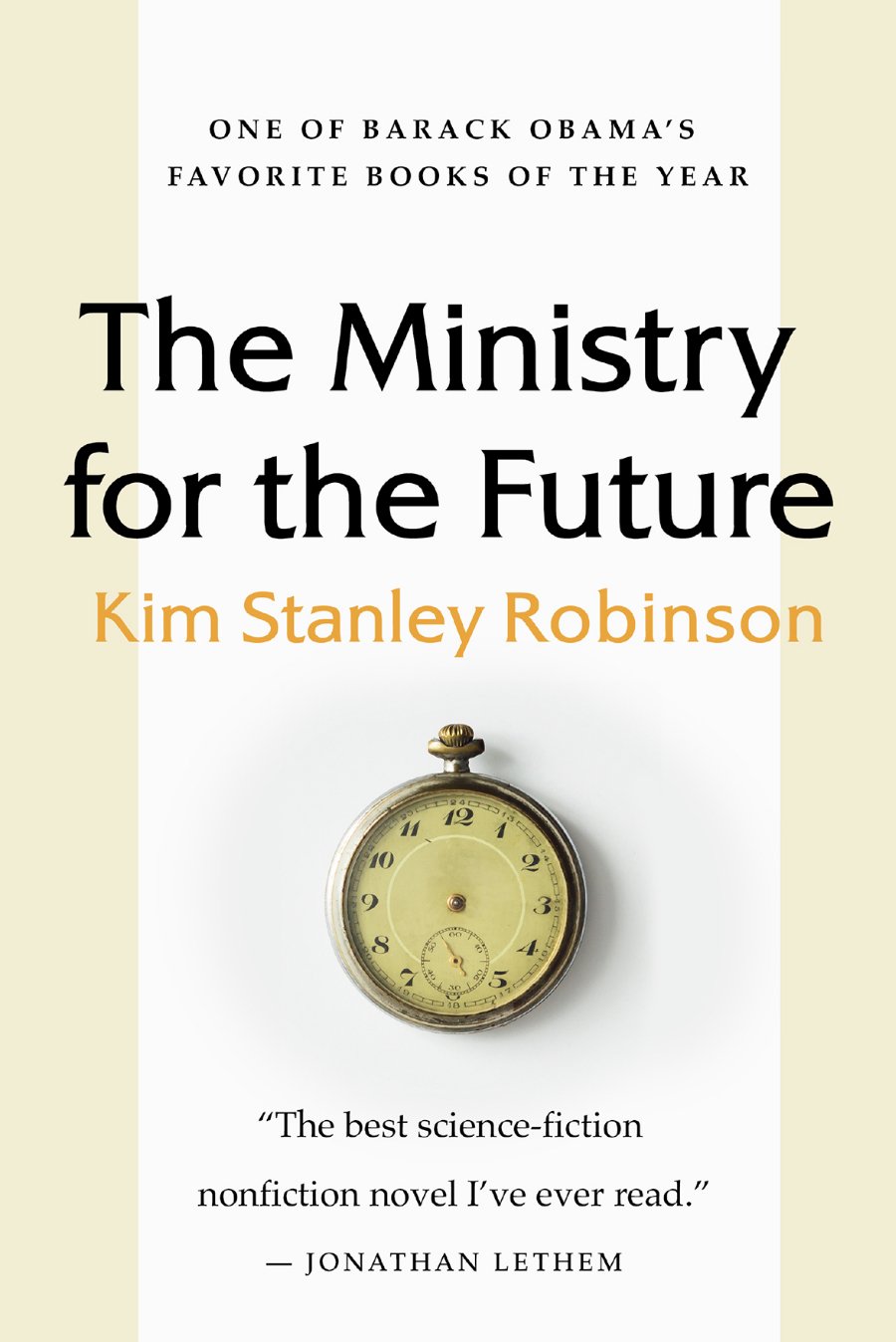
Reading the Future in Situ
Not for the first time, I’m wondering if it was a good idea to read Kim Stanley Robinson’s The Ministry for the Future while visiting India. In the book, the temperature hits 42° C in Delhi (that’s over 107° F). The protagonist, working for an NGO, persuades the locals to go dip in a lake, which turns out to be hellishly warm and dreadfully polluted.

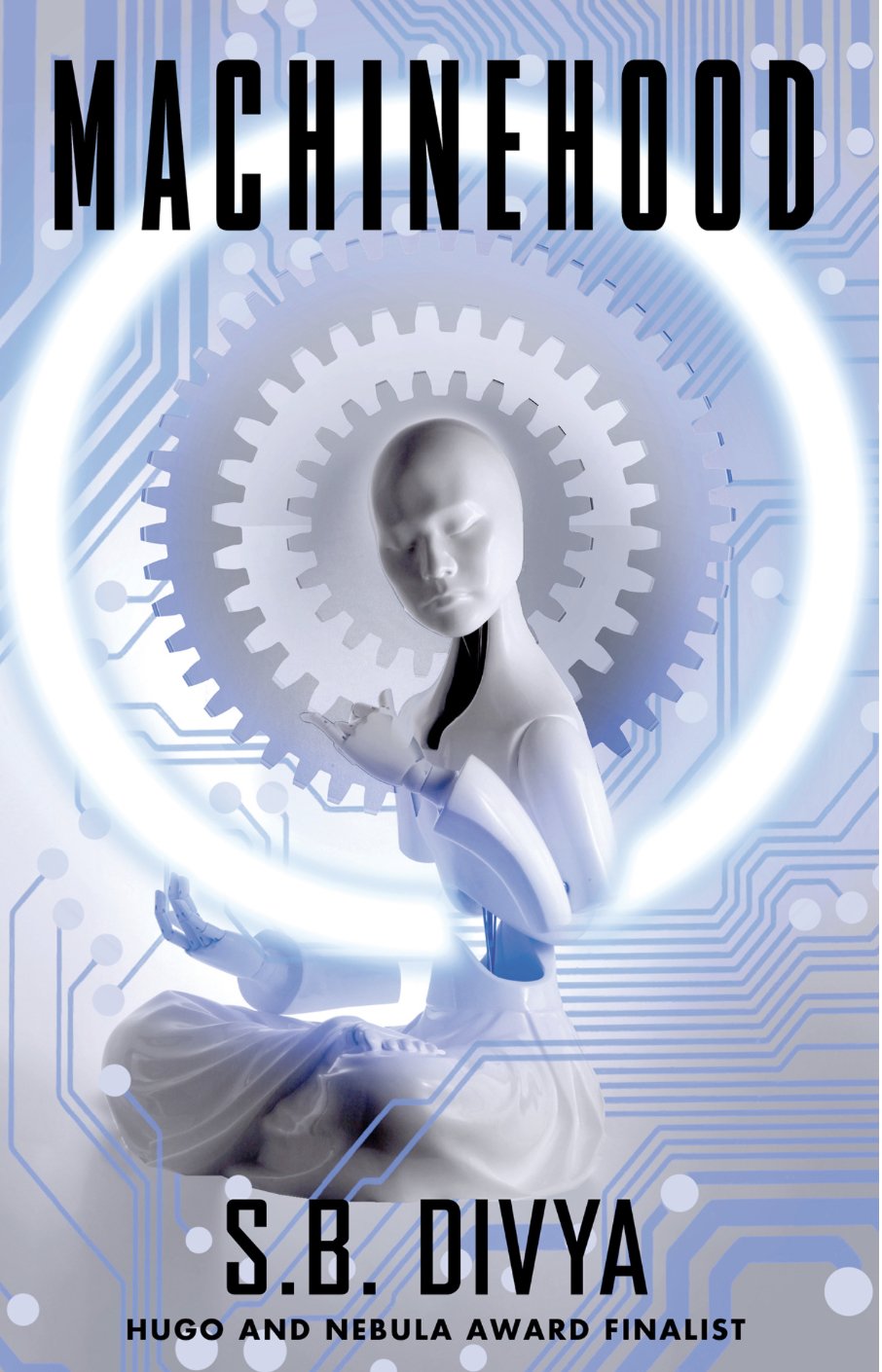

Looking the Tiger in the Eye
The Great Derangement: Climate Change and the Unthinkable was Amitav Ghosh’s first book of nonfiction after his marvellous travel memoir and quest to unpack history, In an Antique Land (1992).
The opening chapter contains this passage on the Sundarbans, that mangrove forest region where three rivers run into the Bay of Bengal:
The Sundarbans are nothing like the forests that usually figure in literature. The greenery is dense, tangled, and low; canopy is not above but around you, constantly clawing at your skin and your clothes. No breeze can enter the thickets of this forest; when the air stirs at all it is because of the buzzing of flies and other insects. Underfoot, instead of a carpet of softly decaying foliage, there is a bank of slippery, knee-deep mud, perforated by the sharp points that protrude from mangroves roots. Nor do any vistas present themselves except when you are on one of the hundreds of creeks and channels that wind through the landscape—and even then it is the water alone that opens itself; the forest withdraws behind its muddy ramparts, disclosing nothing.
That description transports me there, forces me to care when it would be so much easier to back away from the book’s big questions.

“Words are the Only Victors”
“Words are the only victors,” writes Pampa Kampana, at the end of Salman Rushdie’s new novel, Victory City. It’s his twenty-first book and it is, among many other things, a celebration of words.

Prose and Possibility in The Last White Man by Mohsin Hamid
In the manner of Gregor Samsa in Kafka’s Metamorphosis, Anders, the protagonist of Mohsin Hamid’s novella, The Last White Man, wakes up to find himself transformed. He’s not a bug, however. As you might expect from the title, Anders has turned brown. We’re never quite sure why—there is some speculation that there was something in the water—but brown he is, “a deep and undeniable brown.” Soon others begin turning brown as well.
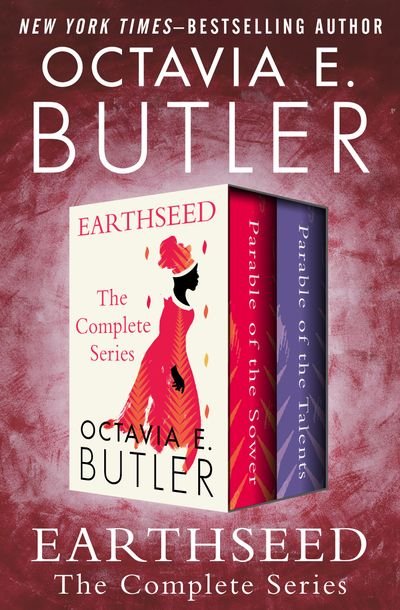
Rereading Earthseed in a Time of Planetary Change
Whatever I happen to be working on, I usually find myself needing an antidote in my reading, something that works against the grain of the writing.
Being in the depths of nonfiction at the moment, I needed to read fiction. But I wanted to read fiction that was capable of speaking to reality in the way that Richard Power’s Overstory did for me.
That is why I find myself rereading Octavia Butler’s iconic Earthseed novels, Parable of the Sower and Parable of the Talents.

Who Will Speak for Trees? The Overstory by Richard Powers
Why begin a new year with thoughts of the end of the world as we know it? Because human voices have spoken enough untruths, it seems right to hand at least some of our narrative over to those we have always assumed to be silent.
Trees speak in this novel, which seems fitting, since in the real world we refuse to give them voices.
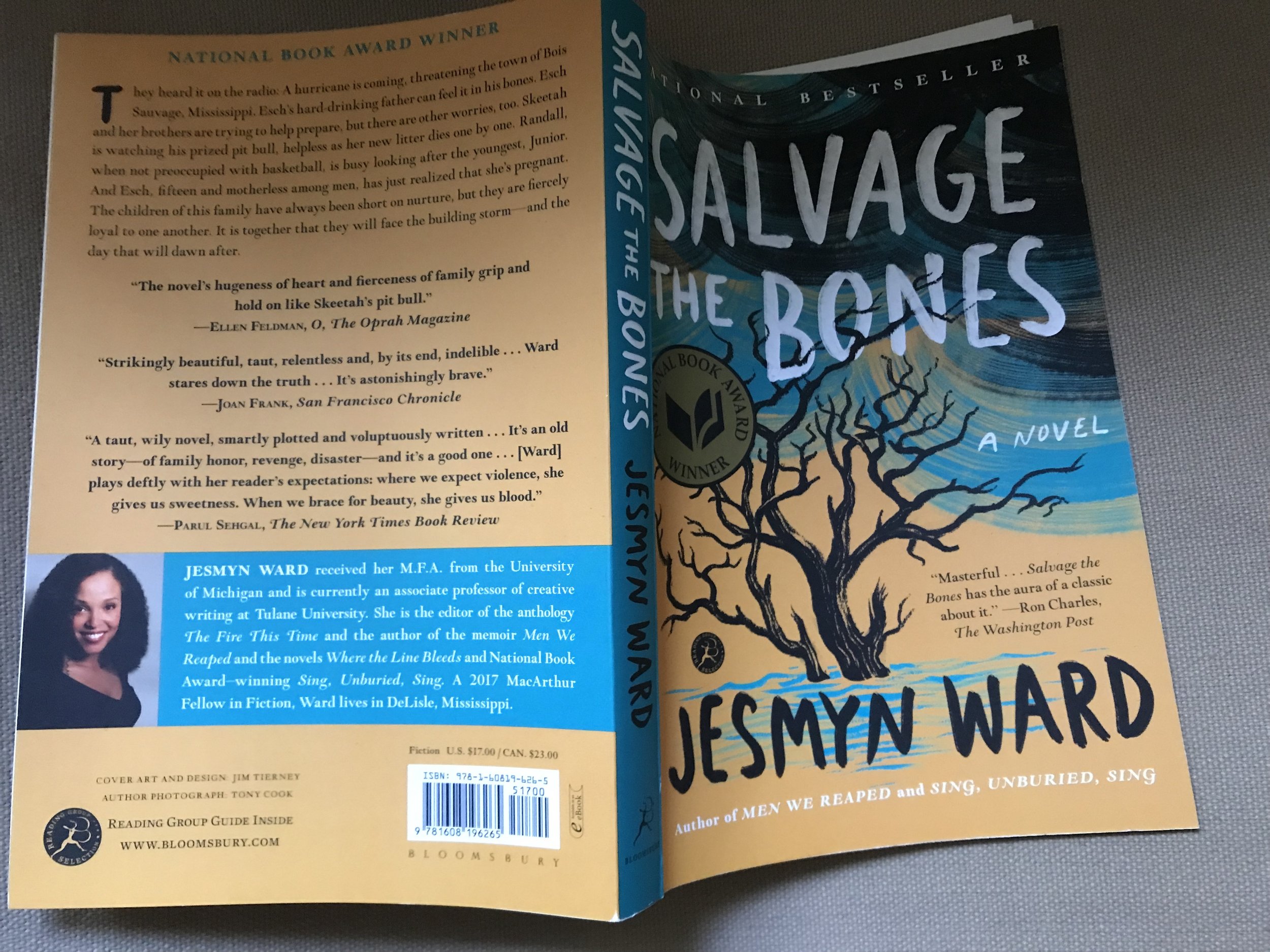
Reading Salvage the Bones as a Climate Novel
Jesmyn Ward’s Salvage the Bones, 2011 National Book Award fiction winner, is among the tidal wave of titles hit by book bans in the Disunited States. It happens that this is also a climate change novel—not that the book banners raised that particular point.
Consider the storm…
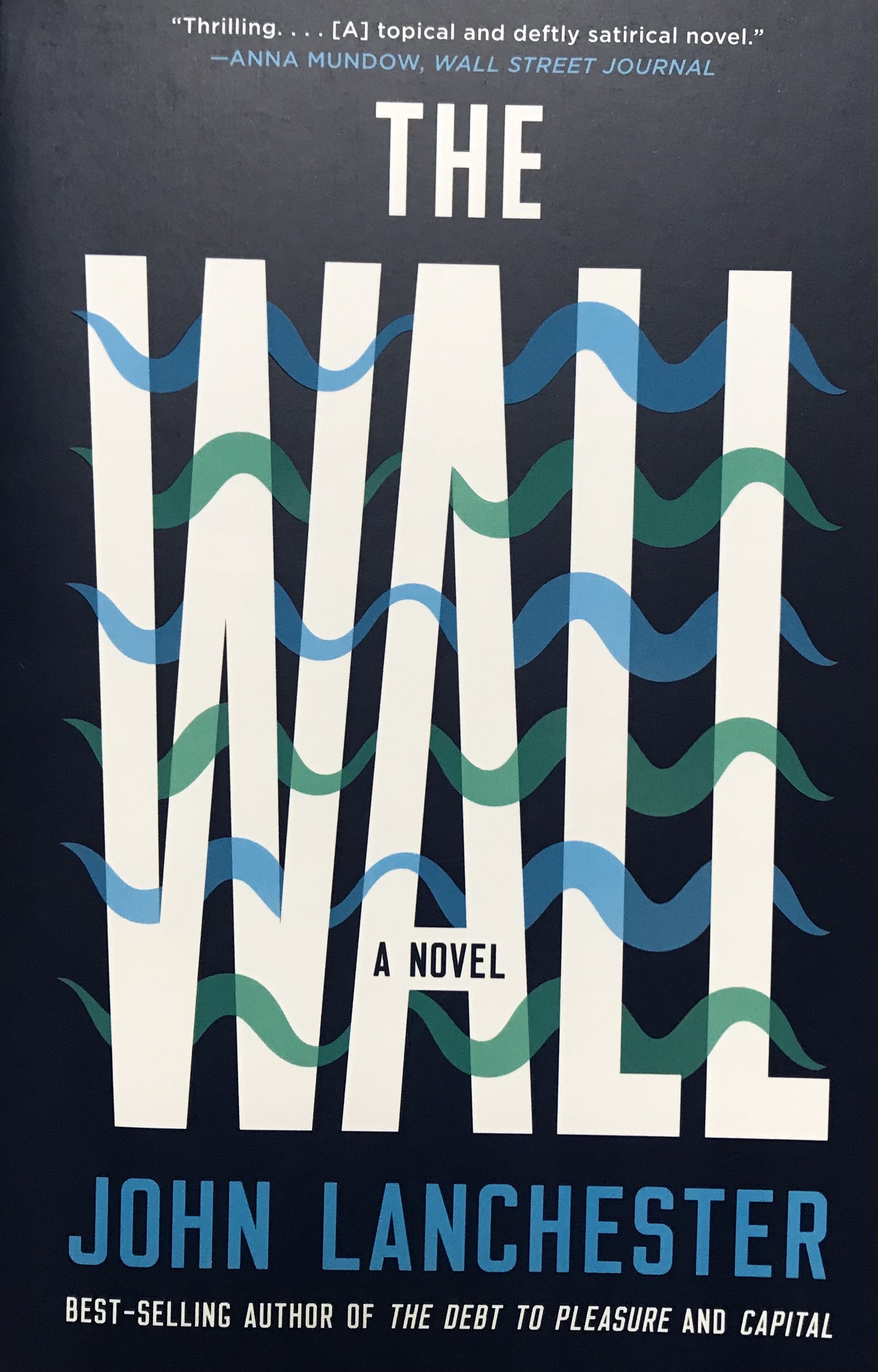
Yes, That Change: Around the Corner
An island nation ravaged by The Change has fortified itself with a wall, with young Defenders conscripted to patrol 10,000km of concrete walkways to keep Others out. Sounds familiar, no?

Politics, Roses, and George Orwell
If Rumer Godden’s The River gave me an inside-out kind of permission to write about India in my own here and now, George Orwell’s books, and later his dramatic essay, Shooting an Elephant offered me unsparing views of power and privilege, suggested that society and history are fraught with endless complications, and even hinted that perhaps I didn’t need permission from anyone.
I read Emma Larkin’s pseudonymous book, Finding George Orwell in Burma, in one big gulp, fascinated by its travelogue-memoir mix but really looking for connections between Orwell’s books and his life and what both meant for a country embroiled in its own unending struggles.
And now I’m reading Orwell’s Roses by Rebecca Solnit, a personal, historical, and literary meditation on Orwell as gardener.
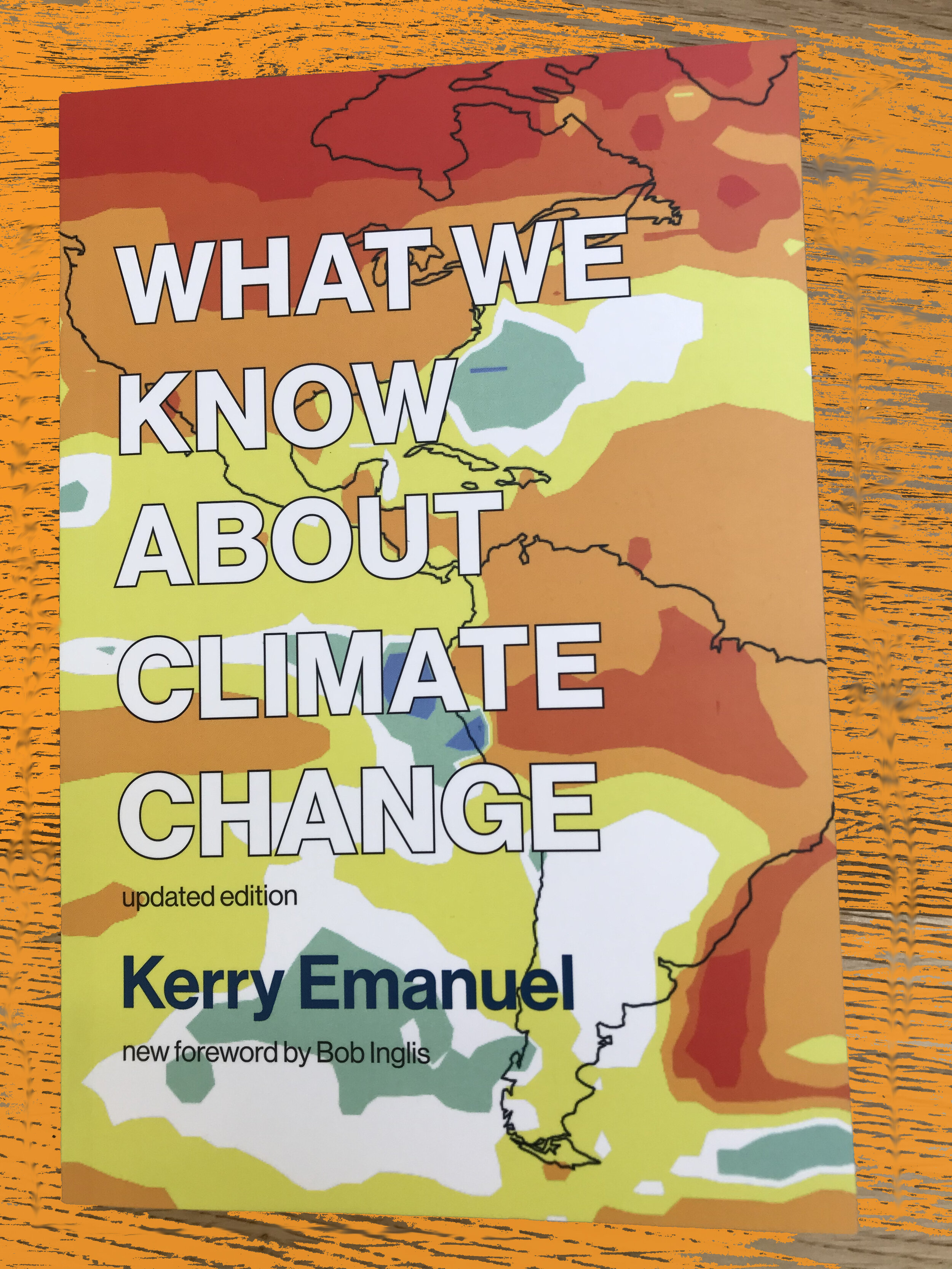
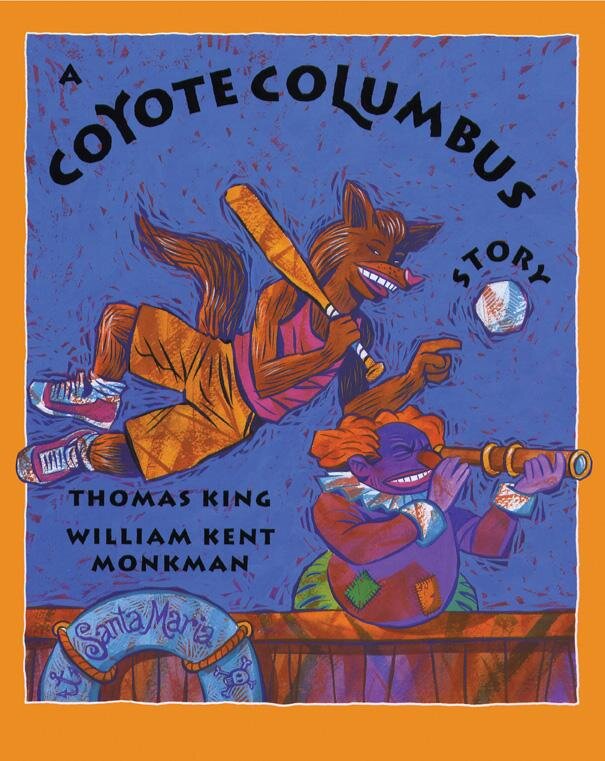
Sarah Ellis is in a Flap
My friend and former VCFA colleague Sarah Ellis is in a flap about words. That is to say, a BookFlap mini-masterclass, BookFlap being a new collaborative site launched by four Canadian writers and authors of books for young readers--Vicki Grant, Teresa Toten, Marthe Jocelyn, and Kathy Kacer.

Guam, Past and Present
With Earth Day appoaching, on my reading list is The Properties of Perpetual Light, a new book by Julian Aguon, founder of Blue Ocean Law, an international law firm based in Guam, specializing in human and indigenous rights, self-determination, and environmental justice in the Pacific. The book addresses the history of colonization and militarization of Guam — and how Indigenous people have resisted U.S. influence.
